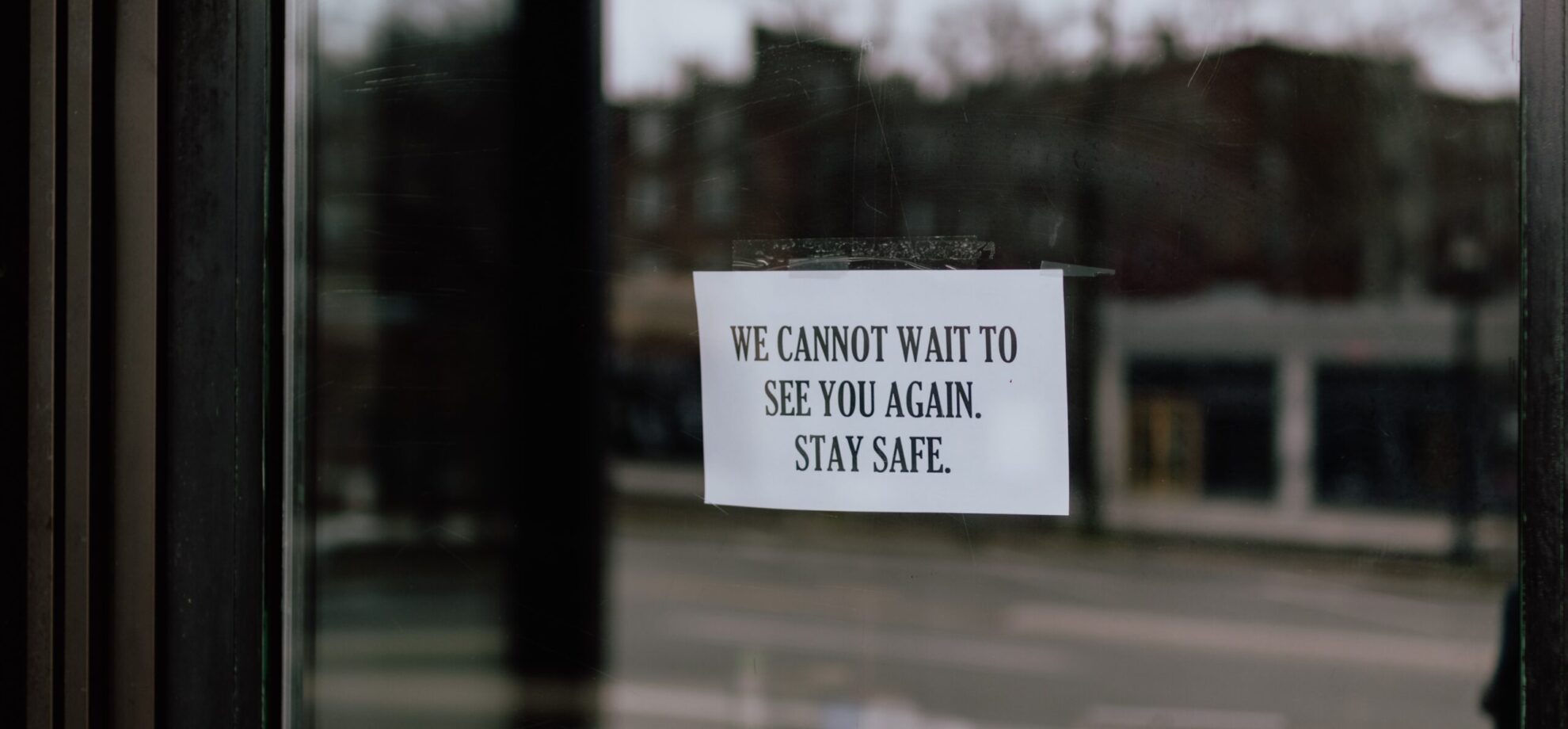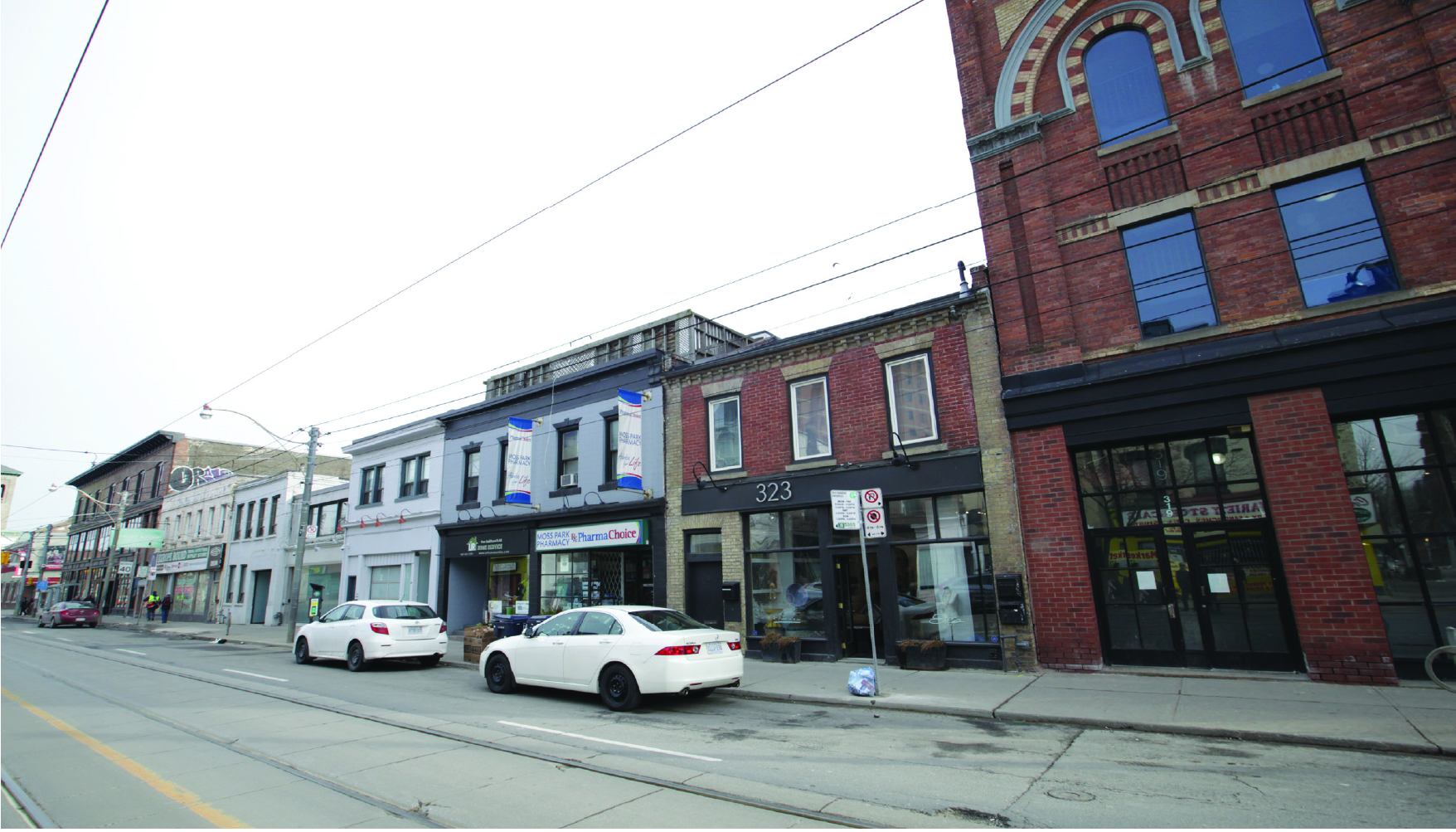By Megan Camlasaran
Forced to curtail operations for the second time this year due to lockdown restrictions, small businesses in Toronto are struggling to cope with declining revenue.
Because big box stores aren’t as affected, some owners say the provincial government isn’t looking out for small businesses.
Don Lake of D&E Lake Ltd., a book and antique store in business nearly 40 years, said the restrictions on local businesses are “ridiculous, cruel and senseless.”
“The premier has screwed the little guys and rewarded the big guys,” he said.
Ontario entered lockdown on Nov. 23. Restaurants can only function with take-out, drive-through and delivery services.
Most retail is permitted to offer only curbside pick-up or delivery, in-person shopping is not allowed except at pharmacies, and grocery and hardware stores.
Anything Goes Accessories, a small boutique in St. Lawrence Market, is allowed to remain open during lockdown with permission from the city.
Owner Nesrin Akdemir, says the shop has lost a lot of business from tourists and people from the financial district. She hesitates to buy inventory now, fearing the next few months will remain stagnant.
“If a big box store with a grocery section can stay open with 50 per cent capacity, as a store following Covid-19 protocols in St. Lawrence Market, why [was] I asked to close when the building is open?”
In the first week of restrictions, Mystic Muffin’s business was down 65 percent, according to owner Elias Makhoul. He has been working for free since March, to keep his business running.
“Now is tougher than ever. It is the most challenging time in 28 years,” he said. Makhoul thinks the province rushed into the current restrictions without considering the impacts on small businesses.
He says the government could have taken other measures, such as shortening operating hours or requiring customer temperatures to be checked outside before entering shops.
“We are in a total mess,” he said. “Shutting down the little guys is failing.”
Some businesses don’t know if they should apply for the new federal rent subsidy because they might not survive through the pandemic whether they remain open or closed, according to Makhoul.
The subsidy covers up to 65 percent of rent or commercial mortgage interest based on revenue declines, with an extra 25 per cent for the hardest-hit firms, according to the Canada Revenue Agency.
Like many others, Vincent Askaani, who runs his restaurant Chamsine, is frustrated and struggling. He shut down during the first wave, but reopened to face new challenges in an area where many don’t follow lockdown restrictions.
Askaani wishes the government considered small businesses as essential as big box stores, but understands that safety has to come first. This might be a time for sacrifice, he said.
“Personally, it doesn’t feel fair, but nothing about the coronavirus is fair. People are dying and numbers are increasing dramatically. If someone loses a loved one, it doesn’t compare to any money,” he said.




